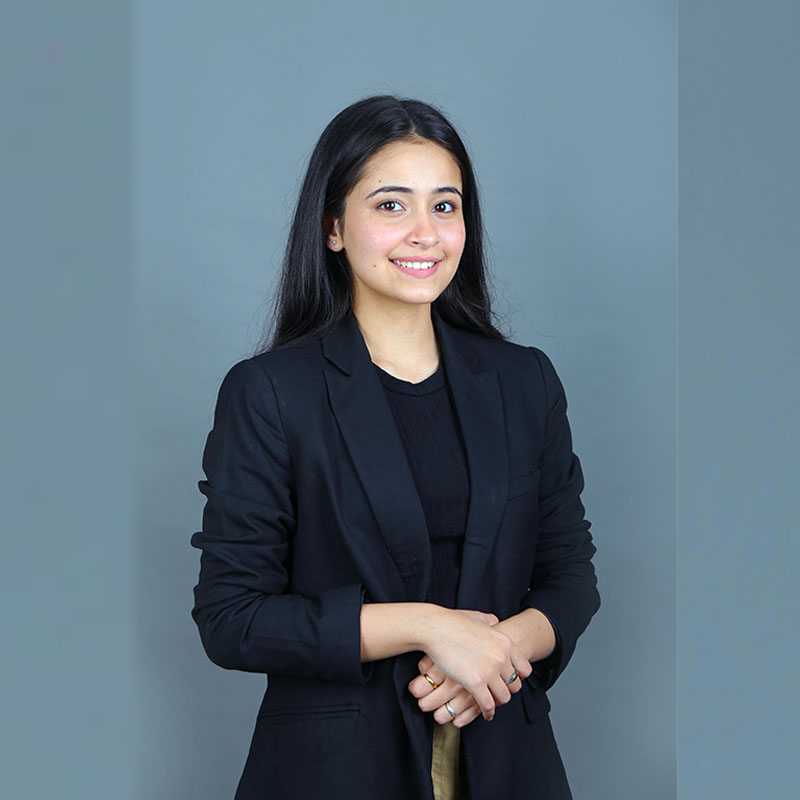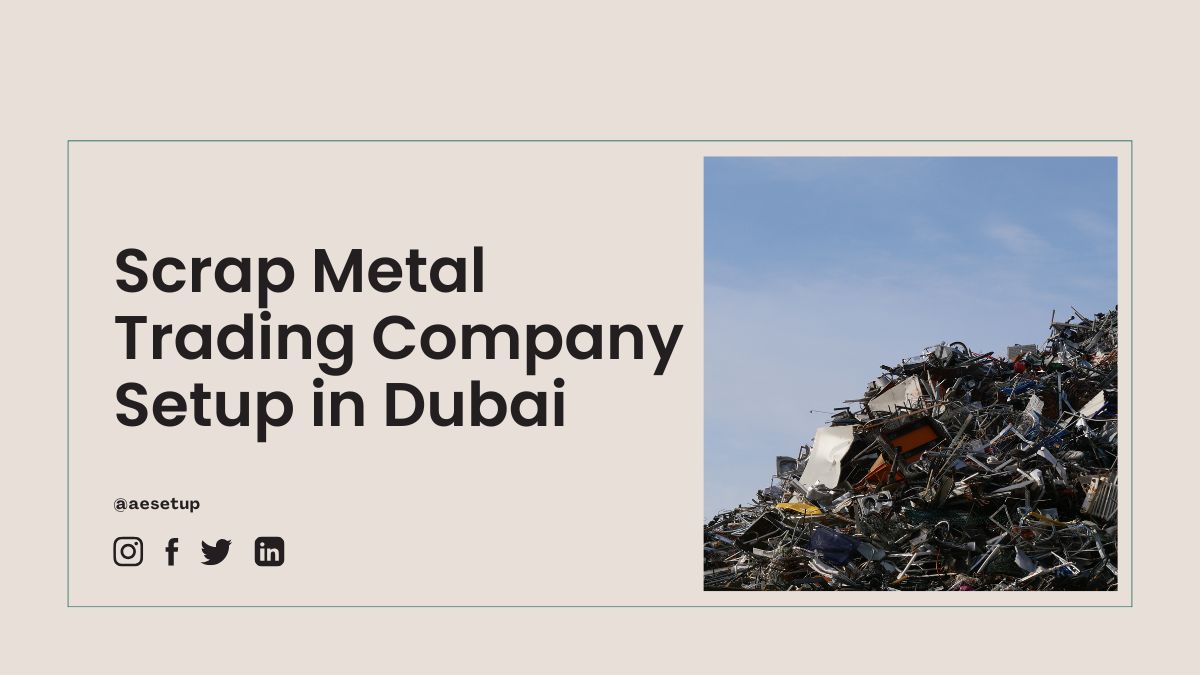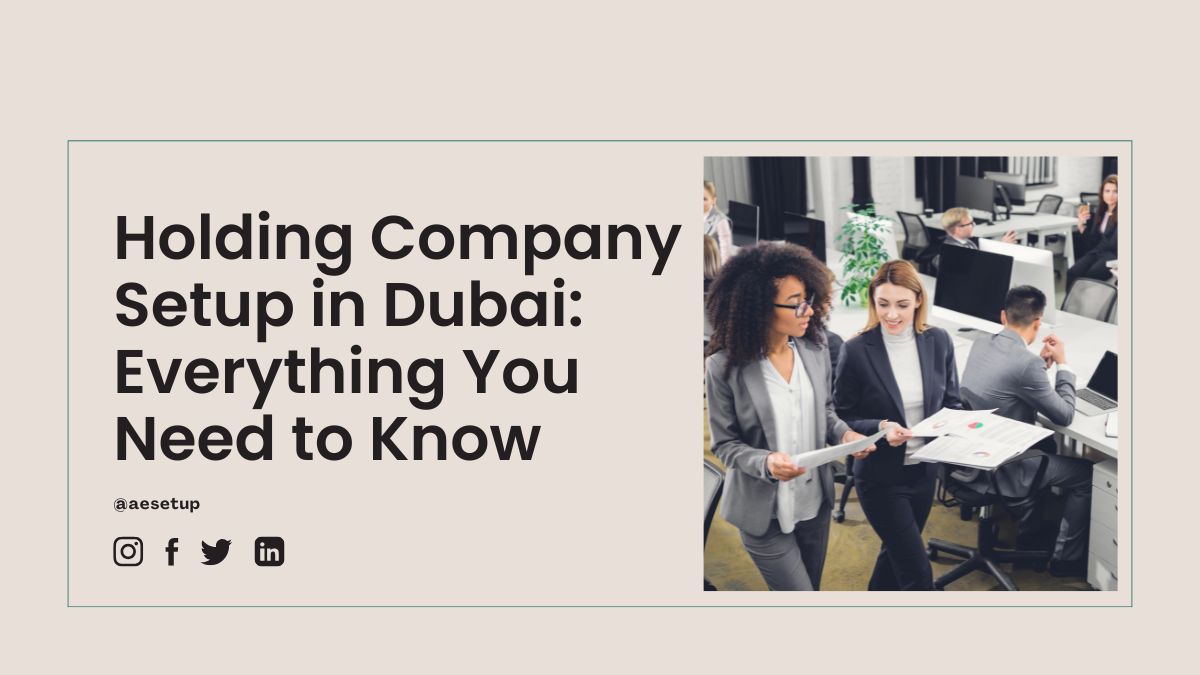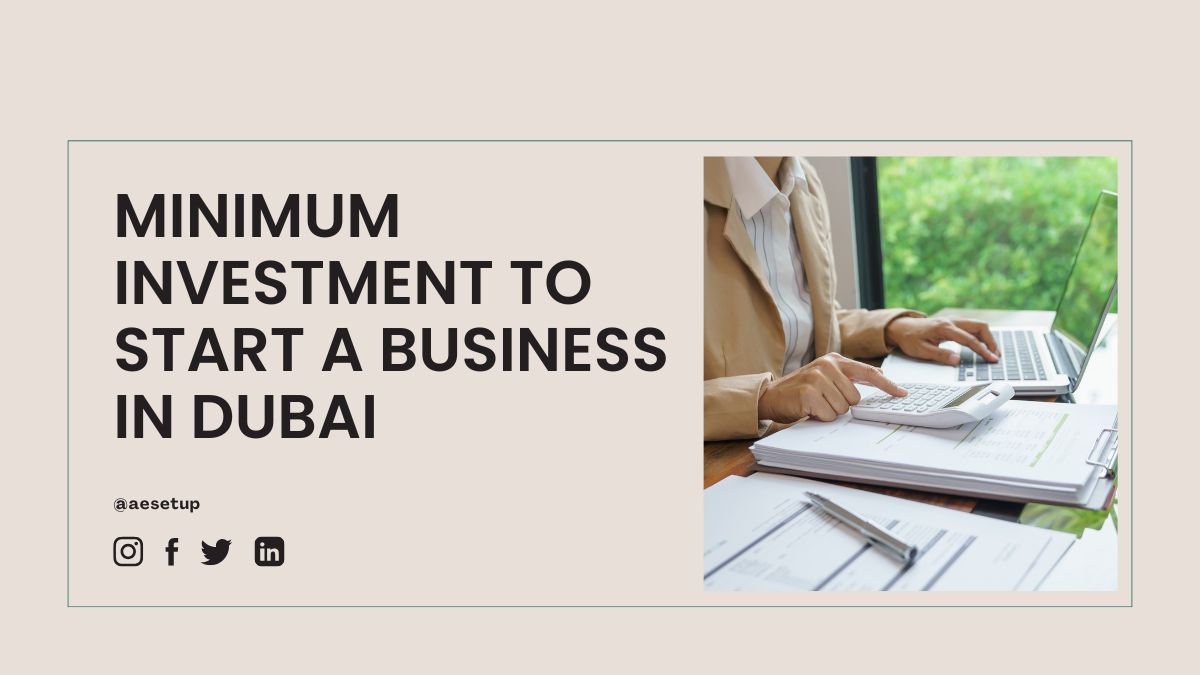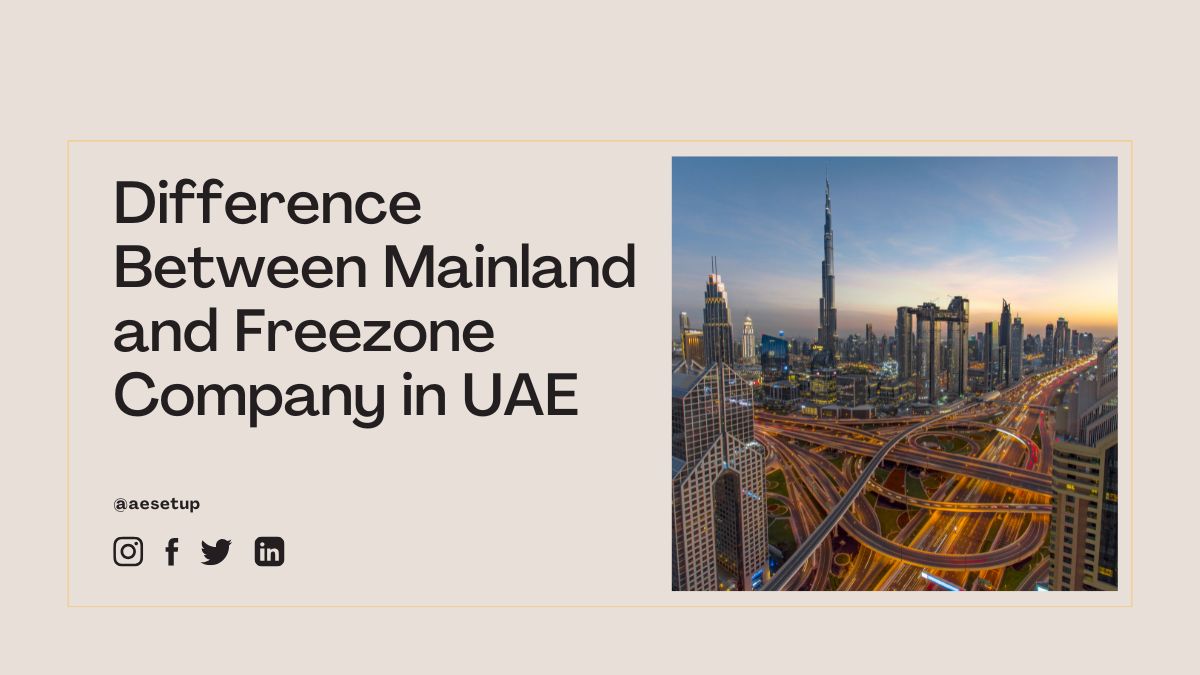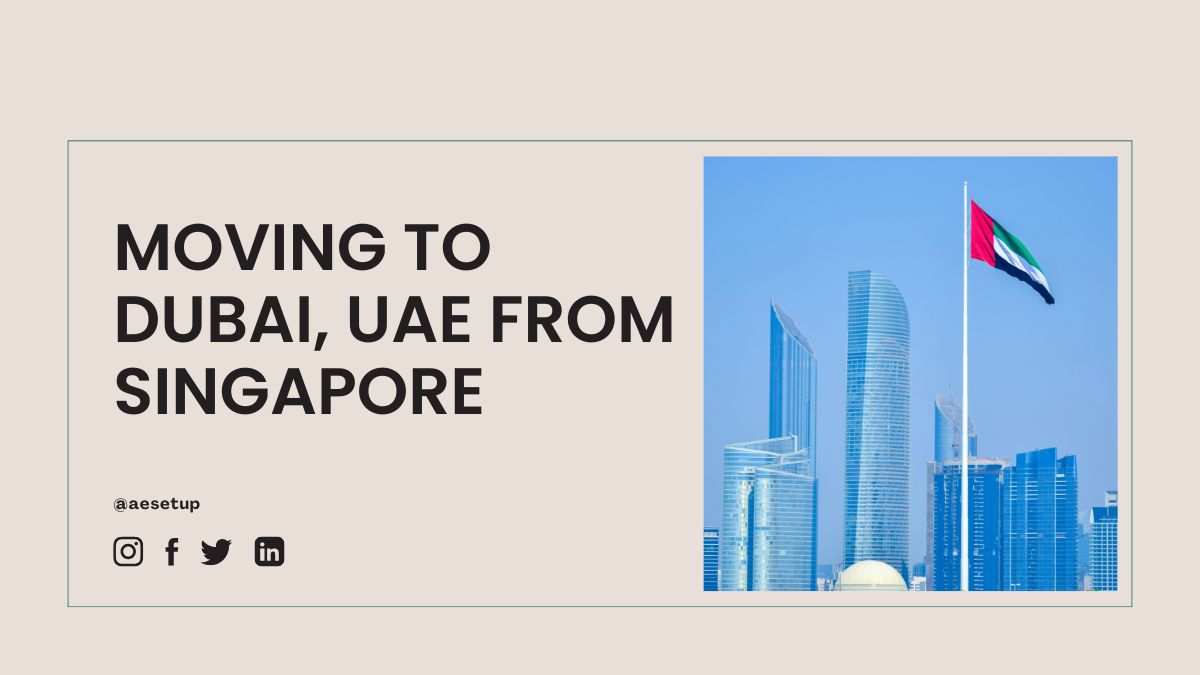In Dubai, clothing isn’t just about style; it’s serious business. Every day, shipments of fabric and garments move through the city’s ports and free zones, connecting manufacturers in Asia with markets across the Middle East, Africa, and Europe. In fact, the textile and apparel industry in the UAE is now the country’s second-largest sector after oil, and Dubai alone ranks as the fourth-largest fashion trading centre in the world.
It’s a powerhouse for both importing fabrics and garments from countries like India, China, and Turkey, and exporting them across the GCC, Africa, and Europe.
Just to give you an idea: the UAE handles around $7 billion worth of textile and apparel imports and $4.5 billion in exports each year. And it’s not just big brands – wholesalers, B2B suppliers, retail shop owners, and online clothing stores are all thriving here.
That’s the reason why many entrepreneurs are now looking to start a garment trading company in Dubai, as the city offers many advantages, including 100% ownership, efficient logistics, strong demand, and tax benefits.
Why Start a Garment Trading Business in Dubai?
Here’s why starting a garment business in Dubai makes solid business sense:
1. Booming Apparel Market
Dubai has a diverse, fashion-conscious population and a steady stream of tourists. This creates strong demand for all types of clothing, including luxury wear, casual wear, traditional wear, and even workwear.
2. Dubai Is a Re-Export Powerhouse
Dubai isn’t just where goods land – it’s where they move. A huge portion of garments imported into Dubai are re-exported to other GCC countries, North Africa, and even parts of Europe. This makes it a strategic launchpad if you want to source globally and distribute regionally without setting up in multiple countries.
3. Specialised Free Zones with Real Benefits
Unlike general free zones, Dubai has industry-specific ones that provide tangible advantages for garment businesses. For example, Dubai Textile City (part of the Jebel Ali Free Zone Authority) offers a duty-free platform for textile traders, dedicated warehousing, and streamlined customs procedures.
4. Events and Trade Fairs That Actually Drive Business
Dubai regularly hosts international fashion and textile expos like the International Apparel & Textile Fair (IATF) and the Middle East Fashion Week, which attract thousands of buyers and industry professionals. Being based in Dubai allows you to participate easily.
5. Tax and Ownership Benefits
You can enjoy 100% foreign ownership in many free zones, and zero corporate or personal tax outside of VAT. This allows you to reinvest profits into your business and expand faster.
6. Support for Small Runs and Niche Markets
Unlike manufacturing-heavy regions that demand large orders, Dubai’s garment trading environment supports low-volume, high-margin businesses too. You can cater to niche audiences like eco-conscious shoppers, luxury wearers, or ethnic fashion buyers.
How to Choose the Right Jurisdiction to Start a Garment Trading Business in Dubai?
One of the first (and most important) decisions when setting up your garment trading company in Dubai is choosing the right jurisdiction. This determines where and how you can operate your business, who you can sell to, and what rules you’ll need to follow. In Dubai, you generally have two options: Mainland and Free Zone.
A. Mainland Company
A mainland company is registered with the Dubai Department of Economic Development (DED). This jurisdiction is ideal if your business strategy involves directly interacting with the local UAE market.
Benefits:
- Can sell anywhere in the UAE without restrictions
- Option to open shops, warehouses, and showrooms in prime commercial areas
- No limit on the number of visas (based on office space)
B. Free Zone Company
Free Zones are designated economic areas with their own laws and regulations. They are perfect for businesses focused on international trade and re-export.
If your main focus is:
- Import/export
- B2B trading
- E-commerce
- Warehousing and re-export
Then a Free Zone company might be your best option. Some of the most garment-trader-friendly free zones include:
- Dubai Multi Commodities Centre (DMCC): Excellent for global trading, warehouses, and networking
- Jebel Ali Free Zone (JAFZA): Ideal if you need large-scale logistics and port access
- Dubai Airport Free Zone (DAFZA): Great for air freight-heavy businesses
- Dubai Design District (d3): Perfect for fashion-focused brands and creatives
Documentation Required to Start a Garment Trading Business in Dubai
Here is a general list of the documentation needed to start a garment trading company in Dubai:
- Passport copies
- UAE residence visa and Emirates ID (if applicable)
- Proposed trade name and name reservation certificate
- Memorandum of Association (MOA)
- Office/warehouse lease agreement (Ejari for mainland, lease contract for Free Zone)
- Passport-size photographs
- NOC from current sponsor (for UAE residents, if applicable)
- Any third-party approvals (if specific trading permissions are needed)
How to Start a Garment Trading Company in Dubai?
If you’re planning to start a garment business in Dubai, knowing the exact steps can make the setup process faster and smoother. Here’s the overview:
1. Define Your Activity & Classification
Ensure DED has the “ready‑made garments”, “textile trading”, or “wholesale garments” activity in their activity list. This affects HS‑code licencing later. DMCC and other free zones allow specific “Textile & Garments trading” under a trading licence.
2. Choose Your Jurisdiction
- Mainland lets you sell directly to UAE consumers, shoppers or government tenders. Requires office, Ejari lease, and DED procedures.
- Free zones offer 100% foreign ownership, import‑export customs benefits, and fast setup, but require a distributor to sell in the mainland.
3. Choose and Register Your Trade Name
Your company name must be unique and adhere to the UAE’s naming conventions. Propose a few names to the DED or the relevant free zone authority for approval.
4. Lease Your Office/Warehouse Space
- Mainland: A commercial license requires an Ejari‑registered tenancy. Virtual offices or flexi‑desks are not permitted. Ensure contract is issued/registered at RERA‑approved Ejari portal.
- Freezone: DMCC / JAFZA / DAFZA free zones provide Flexi‑desk, serviced office, or physical warehouse depending on visa needs. Lease letters auto‑uploaded.
5. Obtain Your Business License
Once all your documentation is in order and your office space is secured, you can apply for your trade license.
The DED or free zone authority will review your application and issue your trade license after all approvals are granted and fees are paid. This license is typically valid for one year and must be renewed annually.
6. Open a Corporate Bank Account
With your trade license in hand, you can now open a business bank account in the company’s name.
7. Register for Customs / VAT & import code
Register for UAE TRN (VAT) if annual turnover is likely to exceed AED 375,000.
Import/Export Code from Dubai Customs: If you plan to trade internationally (import garments into Dubai or export them out), you must register with Dubai Customs to obtain a customs importer/exporter code. This code is mandatory for clearing shipments through ports or airports.
8. Apply for Visas and Other Permits
If you or your employees need to live and work in the UAE, you will need to apply for visas.
- Investor/Partner Visa: As a business owner, you can apply for an investor or partner visa.
- Employee Visas: You can apply for visas for your employees, subject to the visa quota allotted to your company.
How Much Does it Cost to Start a Garment Business in Dubai?
The basic cost of a trade license through Dubai’s Department of Economy & Tourism (DED) ranges from AED 15,000 to 25,000. Additional costs include trade name reservation, MOA notarisation, government fees, and Ejari-registered office space. You’ll also need a customs code (around AED 300–400) and visas for yourself and employees, costing roughly AED 4,000–7,000 per visa.
Whereas, in free zones, the license and registration fees can range from AED 10,000 to 35,000, depending on the type of trading license and the number of shareholders.
If you’re just getting started and need a low-cost option, consider Free Zones like IFZA or Meydan.
- IFZA offers packages starting from AED 12,900 (license only, no visa).
- Meydan Free Zone offers a full setup with license and visa for around AED 28,000.
Need help choosing the right setup based on your budget and business plan? All Emirates Setup can guide you through every step.
AE Setup Makes Your Business Setup Simple
If you’ve been thinking about getting into the garment trading business, there’s no better place than Dubai. It’s not just a fashion-forward city, it’s a global hub for clothing trade, with strong links to both suppliers and buyers across the region and beyond.
And the best part? You don’t have to figure it all out on your own. At All Emirates Setup, we’re here to help you every step of the way. From getting your trade license and visa sorted to setting up a bank account, we handle it all, so you can focus on building your business. Need help with warehousing, PRO services, accounting, or VAT? We’ve got that covered too.
Get in touch for a free consultation, and we’ll guide you toward the best setup based on your budget and business goals.


